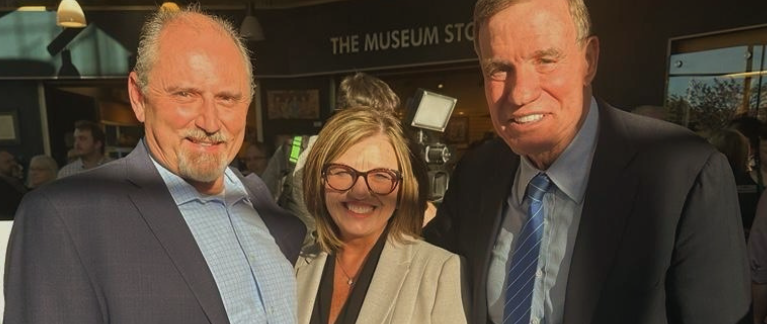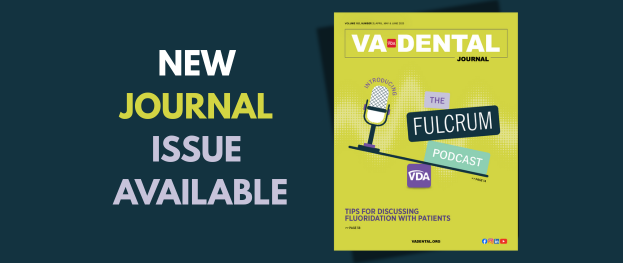
Seventh State Approves Legislation Establishing Dental Compact
Seven states have enacted legislation to form an interstate compact that will empower licensed dentists and hygienists to easily practice in the other participating states. Like other licensed professionals, dentists and dental hygienists face unnecessary costs, wait times and red tape to obtain a new license when moving from one state to another. To help these dental professionals start caring for patients as quickly as possible, the seven states will send officials to take part in a commission to establish the compact’s infrastructure.
“All over the country, dentists and dental hygienists are concerned about low staff levels that lead to long wait times for their patients,” said Linda J. Edgar, D.D.S., president of the American Dental Association. “Yet when trained, experienced dentists and hygienists move to a new state, they face the same barriers to getting a license as those who have never practiced before. The compact will help alleviate workforce challenges in these states and states that join in the future.”
The compact is the result of a years-long partnership between the Council of State Governments (CSG), the Department of Defense (DoD), the American Dental Association (ADA), the Association of Dental Support Organizations (ADSO), and the American Dental Hygienists’ Association (ADHA).
The U.S. Department of Defense provided grants for the creation of interstate compacts – including the Dentist and Dental Hygienist Compact – to address license portability affecting transitioning military spouses. Many other professions already benefit from interstate licensure compacts, including nursing, emergency medical services, physical therapy, occupational therapy and counseling.
“Dental hygienists are an essential part of the dental team and are sorely needed at a time when offices everywhere are facing staff shortages,” said Becky Smith, C.R.D.H., Ed.D., president of the American Dental Hygienists’ Association. “The compact makes it easier for hygienists to move throughout the country and take positions where they’re needed most, and that means increased access to care for patients. We hope to see all 50 states choose to join the compact in the years ahead.”
“The ADSO is extremely encouraged to see the enactment of the compact, which will improve access to oral health for residents in these initial seven states,” said Andrew Smith, Chief Executive Officer of the Association of Dental Support Organizations. “As our country grapples with the shortage of dental professionals, particularly in rural and disadvantaged areas, the compact presents a path forward that makes it easier for already-licensed professionals to relocate and help increase access to care.”
The Compact Commission officially forms when at least seven states enact the compact legislation. Maine Gov. Janet Mills’ signature on April 22 made the multi-state agreement official.
Maine joins Kansas, Virginia, Tennessee, Washington, Iowa and Wisconsin in enacting the compact. Under the multi-state agreement, the Compact Commission will provide a means of porting a dentist or dental hygienist’s license from any one of these states to any of the others, rather than requiring them to repeat the long, costly licensing process to practice their profession. Legislation to join the compact is also currently under consideration in Colorado, Minnesota, Missouri, Ohio and Pennsylvania, among other states.
Compact member states will appoint a commissioner to the Compact Commission and agree to recognize dentist and dental hygienist licenses from other member states. When professionals apply for licensure portability between states, the Commission will facilitate background checks and confirm whether they are licensed to practice and in good standing before issuing compact privileges. Partners in the compact expect the first compact privileges to be issued in about one year.
The Council of State Governments will lead the process of establishing the Compact Commission after legislation from the seven states becomes law. In the meantime, member states may appoint provisional commissioners and begin meeting informally to discuss the work of the compact.







